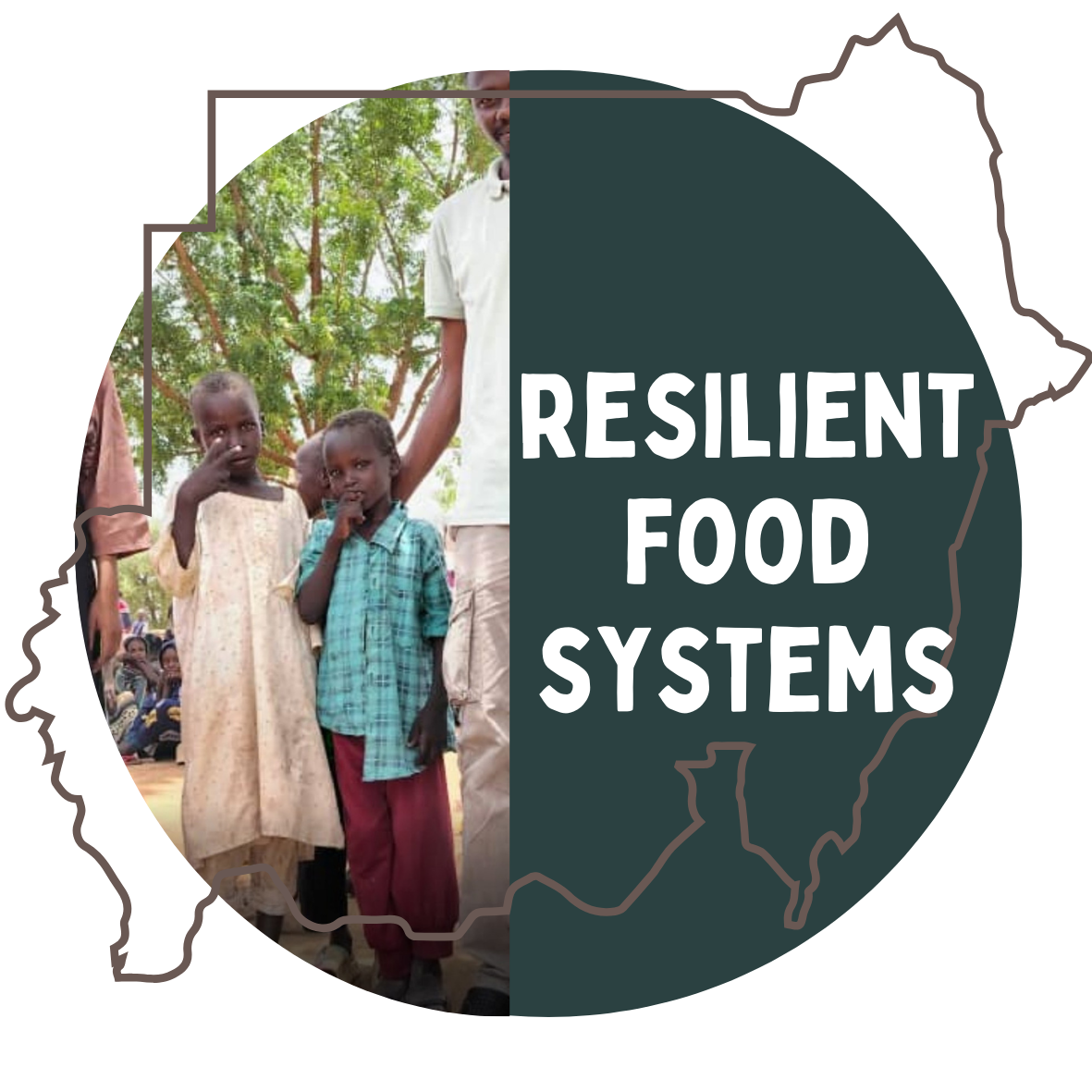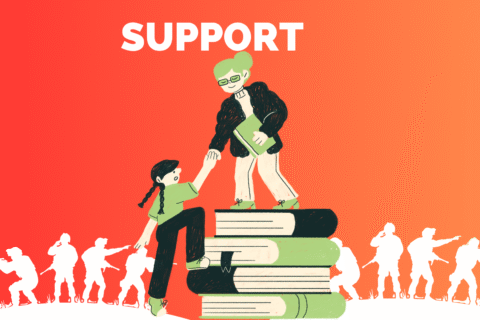
After 18 months of conflict in Sudan, famine has been officially declared in North Darfur, with over 14 other regions facing a high risk of famine. Currently, more than half of the population—25.6 million people—are experiencing crisis levels of hunger.
As the aid sector scales up its response, those involved in designing, funding, and implementing food security programs must prioritize the development of conflict-resilient food systems in Sudan. This approach is crucial not only to prevent exacerbating the deep-rooted inequalities and conflicts tied to Sudan’s agricultural system but also to reduce long-term humanitarian needs.
In this effort, the Conflict Sensitivity Facility (CSF) in Sudan has introduced the paper Supporting Conflict-Resilient Food Systems in Sudan. Authored by Soilwatch and developed with the support of USAID TEPS and the European Commission, the paper delves into Sudan’s food systems, examines the impact of the conflict, and outlines strategies for supporting these systems in a conflict-sensitive manner moving forward.
The paper provides several key recommendations for donors and aid actors, emphasizing that famine response and food production support should:
1. Prioritize localized and decentralized systems : Empower local producers to enhance both conflict and environmental resilience while promoting sustainable productivity.
2. Address all food production systems : Recognize the unique conflict-sensitivity challenges and opportunities of each system, including the often-neglected pastoralism sector, which is vital for both food security and peacebuilding.
3. Exercise caution in scaling up food production : Rapid increases in food production are essential but risky, as conflict actors may exploit these efforts. A thorough assessment of trade-offs, adherence to principled guidelines, and context-specific analysis are required.
4. Acknowledge land as a key conflict driver : Immediate actions to improve food security must be paired with long-term strategies for land reform and sustainable natural resource management.
For more details, you can read the full report: Supporting Conflict-Resilient Food Systems in Sudan:
